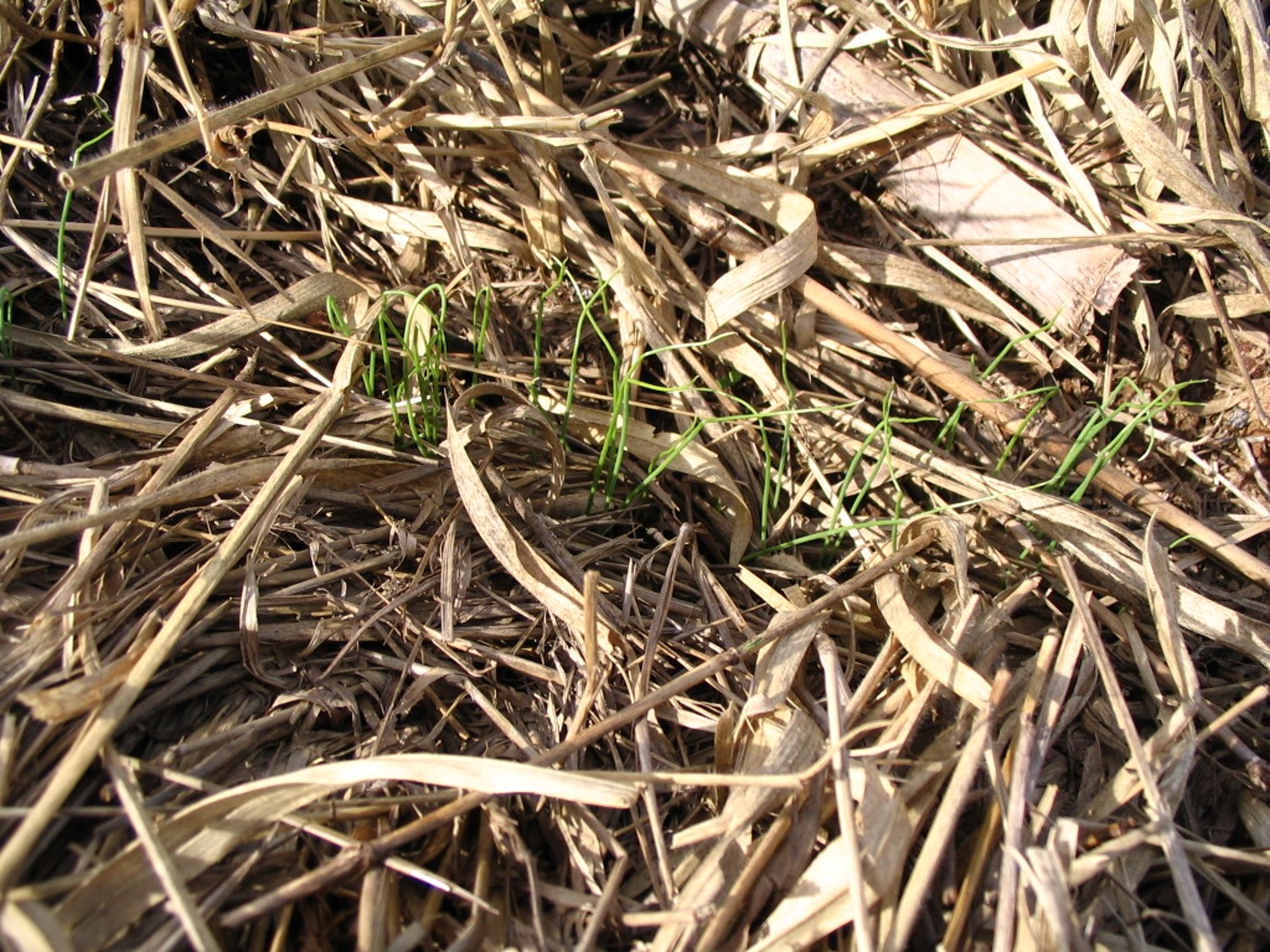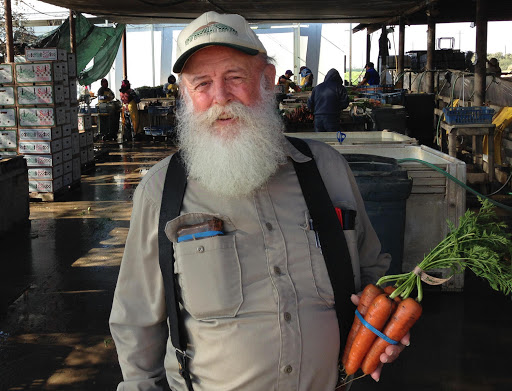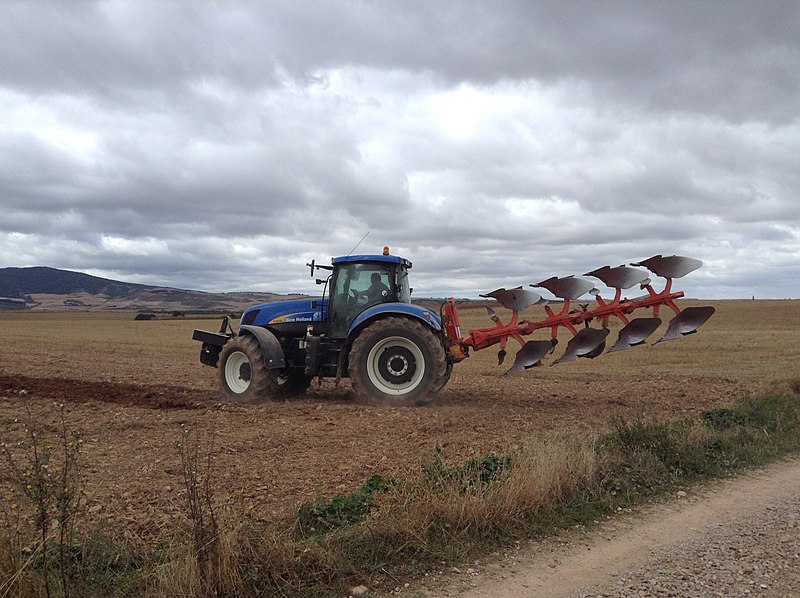Tilling the soil has been used for thousands of years to prepare for planting, controlling weeds, removing plant residues, and loosening compacted surface soil.
While tillage can be a critical component in a successful and profitable organic farm, minimizing soil disturbance can lead to other benefits. These include a decrease in carbon dioxide and greenhouse gas emissions, less reliance on farm machinery and equipment, and an overall reduction in fuel and labor costs.
In addition, conservation tillage methods have been shown to improve soil health, reduce runoff, and limit the extent of erosion.

High residue no-till established onion seedlings
Organic farmers have been building the soil and nurturing microbial living systems since the beginning of the modern movement, mainly by incorporating cover crops and compost, while eliminating toxic inputs. Many never considered tillage a negative aspect of soil management.
Conventional agriculture has been able to evolve away from intensive tillage because of the use of herbicides, including glyphosate and Roundup.
But organic farmers seem hopelessly dependent on tillage because that's the only method available to manage weeds.
Thanks to a USDA Conservation Innovation Grant (CIG), three California organic vegetable farms, the UC Cooperative Extension, and Chico State’s Center for Regenerative Agriculture are experimenting with drastically reduced tillage systems.
Conservation tillage, or minimum tillage, is a broadly defined practice that includes no-till, strip till, ridge till, and mulch till systems. These techniques maintain plant residues on at least 30% of the soil surface after tillage activities. The aim of this agricultural management approach is to minimize the frequency or intensity of tillage operations in an effort to promote economic and environmental benefits.
“No-till really never moved into organic because we didn't have access to herbicides. Some twenty years ago, a fringe progressive element of no-till conventional farmers began to emerge in the Midwest, said Tom Willey, of T&D Willey Farms is a project collaborator.
 Tom Willey, T&D Willey Farms
Tom Willey, T&D Willey Farms
Without attempting to become organic, these pioneers found that if they adopted more complex rotations, quit doing tillage, added ruminant grazing as part of the system, and seeded very complex multi-species cover-crop mixes they just didn't need the intensity of conventional fertilizers, pesticides and herbicides. By maintaining soil cover year-round with either live plants or crop residue and sponsoring live roots in the soil as many weeks as possible, they weaned themselves from 80 percent of synthetic inputs.”
Currently three California organic vegetable farms---Full Belly Farms, Park Farming Organics and Phil Foster Ranch--- are involved in the project. Each has a minimum of 30 years’ experience with cover-cropping and composting, demonstrated by soil organic matter between three to five percent even under tillage.
More importantly, they want to do even better by reducing or eliminating tillage all together.
Their mission is to share learnings with other organic farmers to discover how a properly integrated conservation tillage practice can contribute toward the sustainability of mechanized high-production organic vegetable operations.
 Machine tilling post harvest
Machine tilling post harvest
“This initiative emerged from the desire among some of the best organic farmers in CA to continuously improve the soil and productivity of their farms. They wanted to borrow from the no-till or regenerative movement, after realizing that organic farming’s tremendous reliance on tillage is a big impediment to improving soils," Willey said. “We realize the maximum potential of our soils’ microbial communities is prevented by our repeated physical destruction of the architecture they faithfully create underground.”
“It's exciting and intellectually stimulating work but we certainly haven’t rung the bell yet. This is a long, challenging process in which we're making some progress that we are pleased to share with others,” Willey said.
The group is making sits finding available, by simply joining the groups discussion, which includes its finding, videos and other postings related to no-till vegetable production. For more information, please contact Jeffrey Mitchell at UC Davis (jpmitchell@ucanr.edu).






